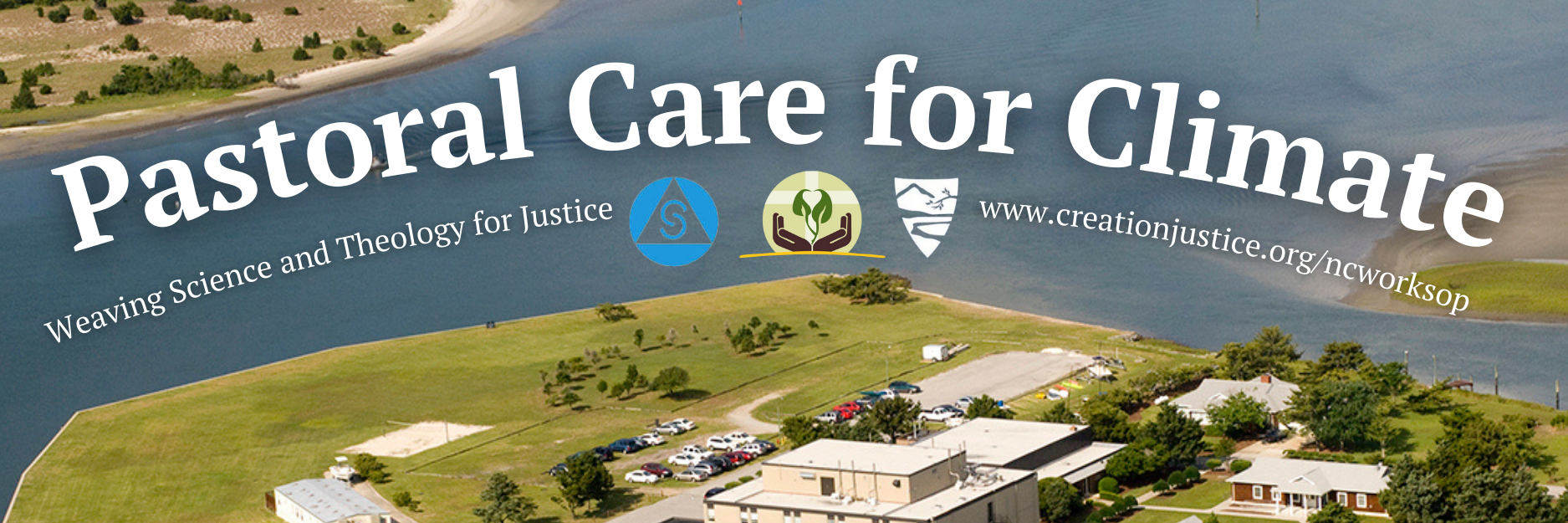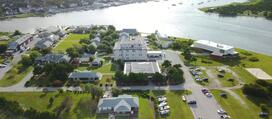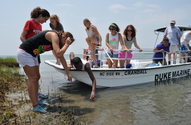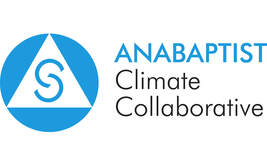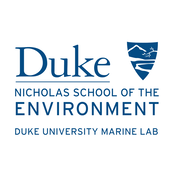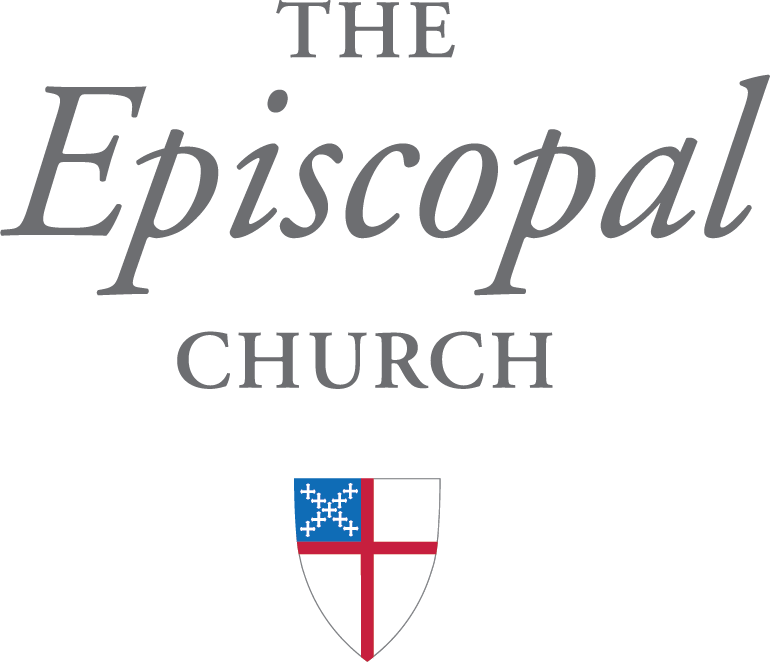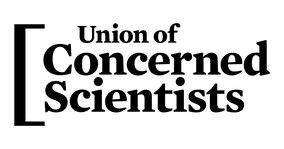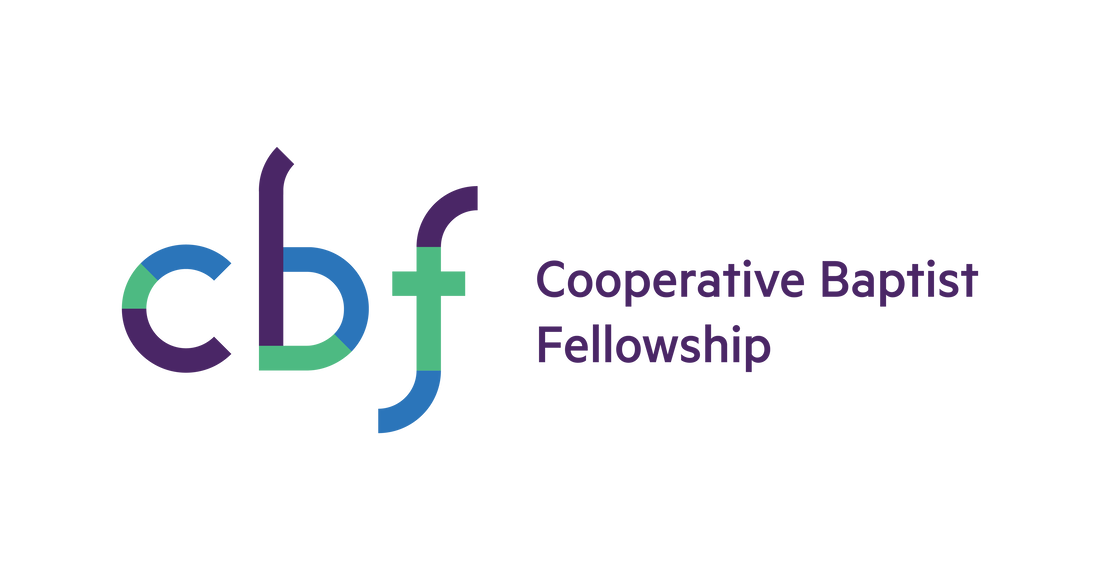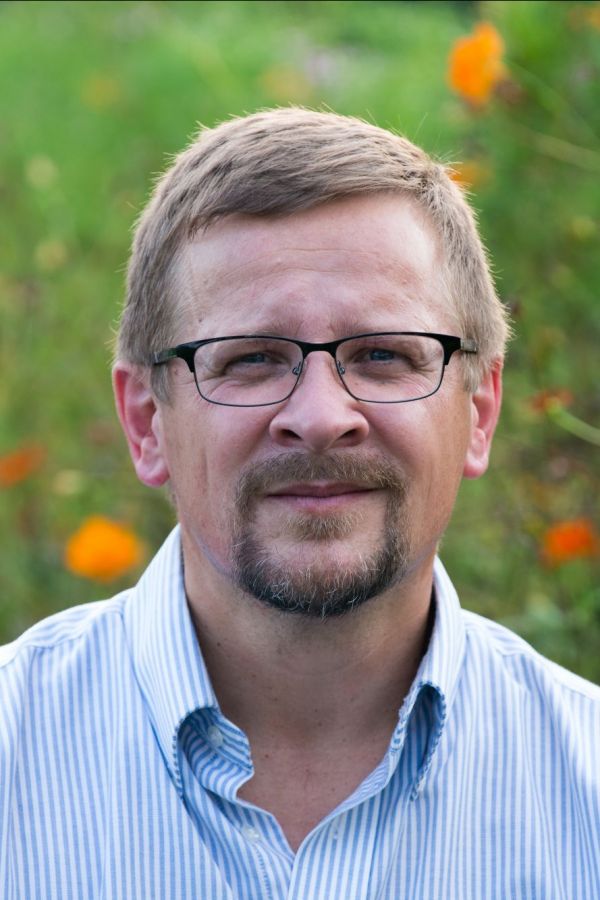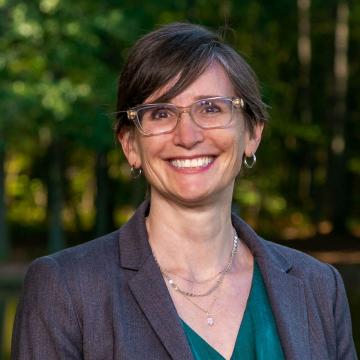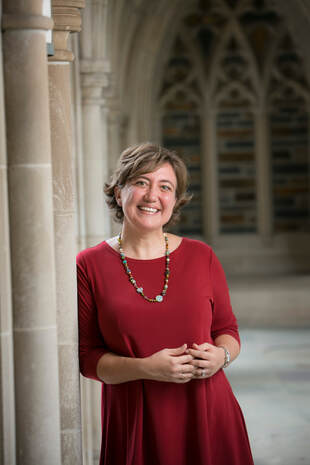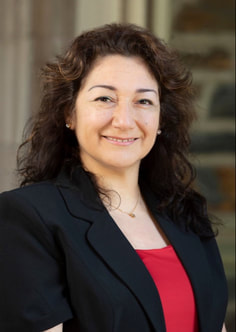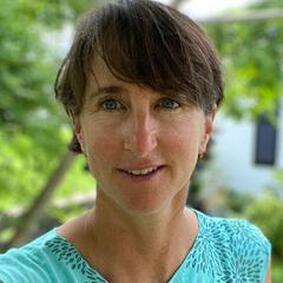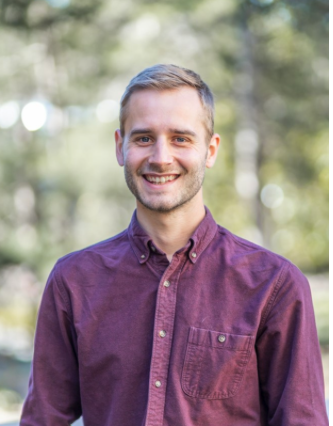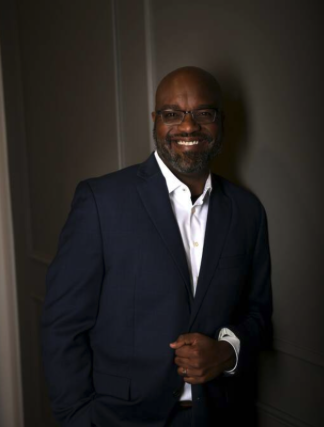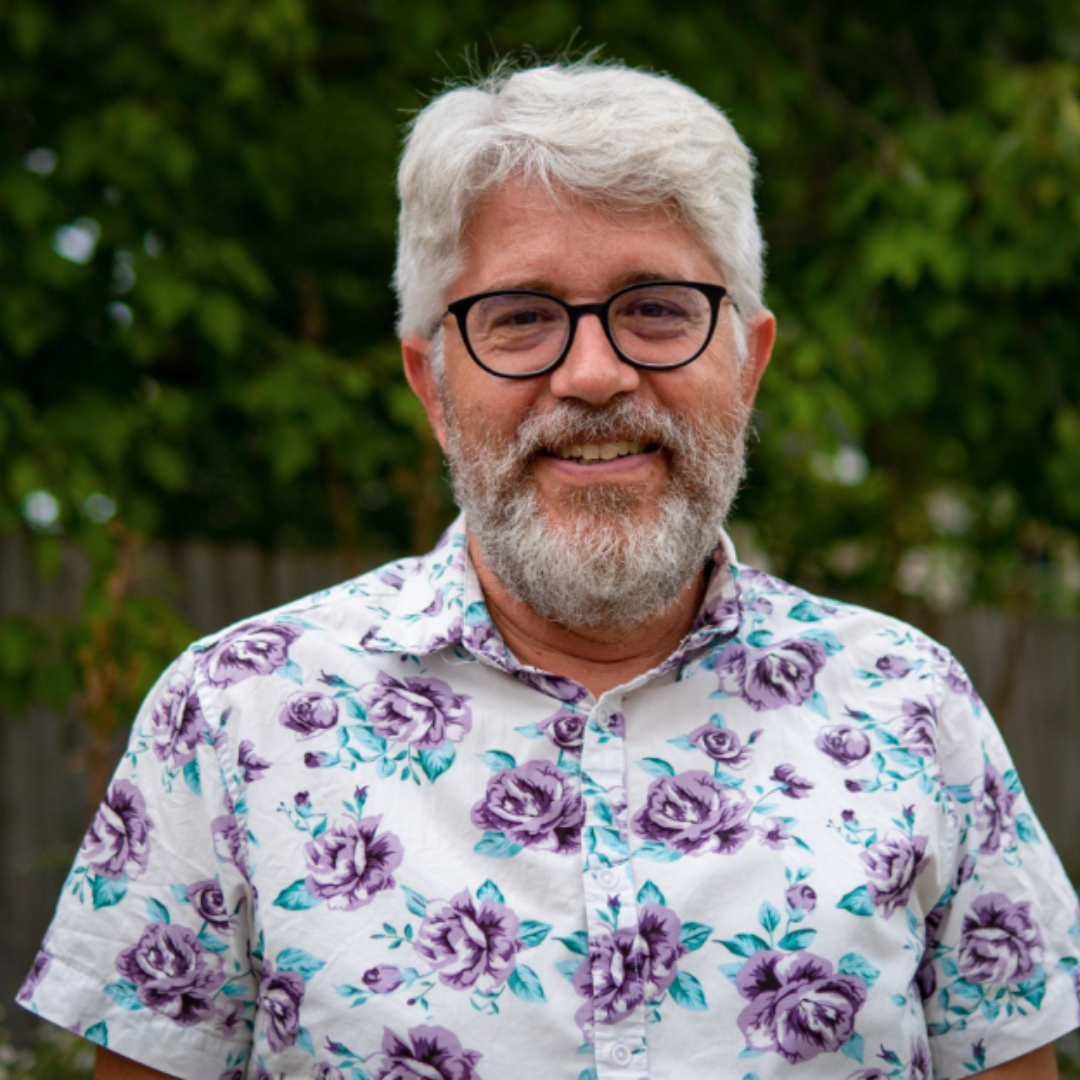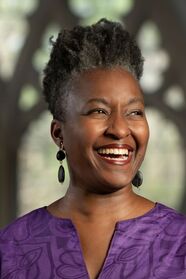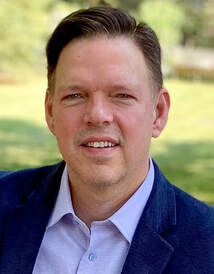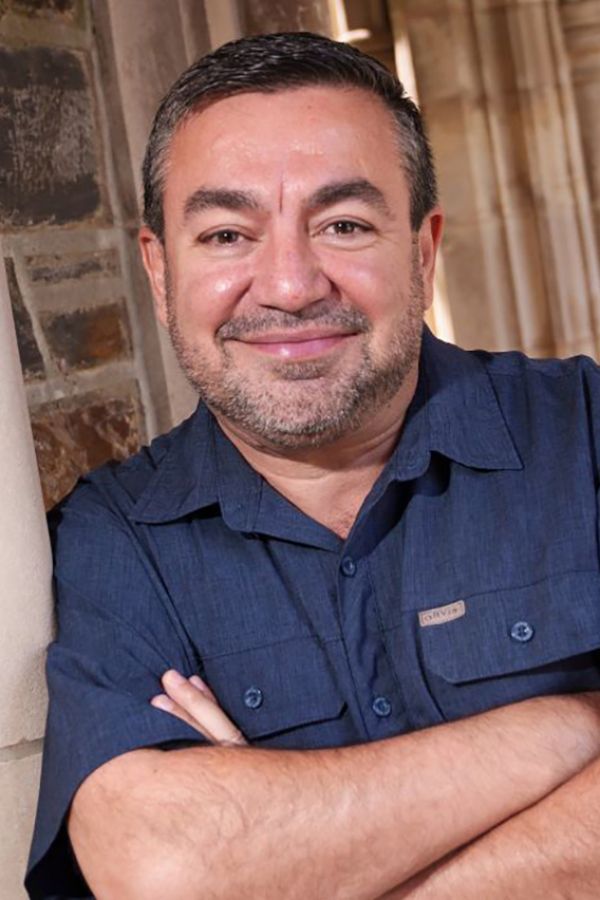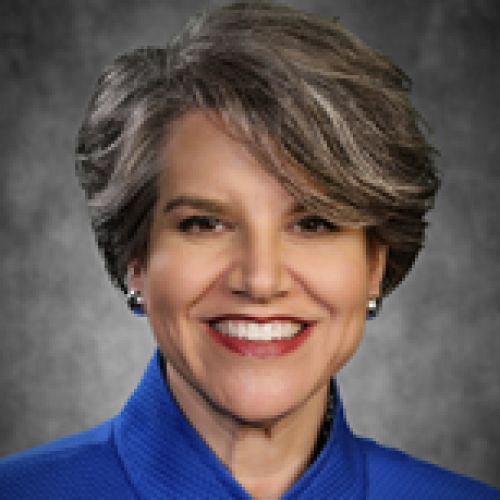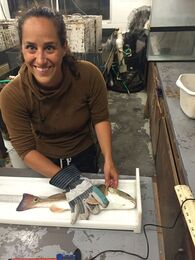A climate change training for Christian leaders.
June 3-5, 2024
Monday Afternoon - Wednesday Afternoon
Duke University Marine Lab
Beaufort, North Carolina
In the face of the looming climate disaster, many of us do little about it. We may feel anger, anxiety, or nothing at all. We may feel powerless in this global societal crisis, keeping us from engaging. How can churches help people engage the climate crisis? How can Christians be work side-by-side with scientists to address the challenges before us?
Pastors and other church leaders are unique in bringing together social, emotional and spiritual roles. The training helps empower pastors and other leaders to effectively engage science, broaden climate action in a congregation or ministry setting, and move people from denial and inaction to congregational action and political advocacy.
The retreat is a transformational experience that aims to weave together scientific, theological, and ministry approaches to climate change. Our goal is to increase opportunities to connect pastors and scientists around climate change.
Join us to:
We are looking for Christian leaders from across the spectrum of engagement climate: from seasoned activities to those who have never said the words “climate change” in church.
Pastors and other church leaders are unique in bringing together social, emotional and spiritual roles. The training helps empower pastors and other leaders to effectively engage science, broaden climate action in a congregation or ministry setting, and move people from denial and inaction to congregational action and political advocacy.
The retreat is a transformational experience that aims to weave together scientific, theological, and ministry approaches to climate change. Our goal is to increase opportunities to connect pastors and scientists around climate change.
Join us to:
- Build connections with ministry leaders and scientists to engage as faithful climate advocates.
- Explore the pastoral care implications of social psychological research on climate.
- Learn from scientists about how the changing climate is altering the human and ecological realities of the coastline.
- Experience congregational resilience in the face of climate injustice and how climate impacts frontline communities most vulnerable to natural disasters.
- See how the Christian tradition can foster a wild hope in the midst of tragic consequences.
- Worship in ways that engage our embeddedness in nature.
- Learn how your church community can create a supportive network of activists engaged in climate resilience and advocacy deeply rooted in our faith.
We are looking for Christian leaders from across the spectrum of engagement climate: from seasoned activities to those who have never said the words “climate change” in church.
LogisticsWho is eligible?
All Christian leaders (clergy and lay) are eligible to apply. Priority will be given to those in the coastal areas of the Southeast U.S. (Virginia, North Carolina, South Carolina) What is the timeline? Applications will begin to be considered starting Feb. 28th on a rolling basis, and we will stop accepting applications on April 7th. How much does it cost? Pastor/Ministry leader: Free Lay leader who brings pastor/ministry leader: Free Lay leader/congregant: $350 Other participants: $350 **This pricing covers all expenses except travel** |
LocationDuke University Marine Lab, a coastal campus located in Beaufort, N.C., operates year-round to provide educational, training, and research opportunities.
|
Hosts
Sponsors:
If you would like to co-sponsor this event, email [email protected]!
Workshop Guides
|
Dr. Norman Wirzba, Gilbert T. Rowe Distinguished Professor of Christian Theology, Director of Research for Climate and Sustainability, Duke University
pursues research and teaching interests at the intersections of theology, philosophy, ecology, and agrarian and environmental studies. He lectures frequently in Canada, the United States, and Europe. As Director of Research at Duke’s Office of Climate and Sustainability, he is working with colleagues from across the university to develop the multi-disciplinary teams and research programs that can address the many social and ecological dimensions of climate change. He recently completed his role as the director of a multi-year, Henry Luce-Foundation-funded projected entitled “Facing the Anthropocene.” In this project, housed at Duke’s Kenan Institute for Ethics, he worked with an international team of scholars to rethink several academic disciplines in light of challenges like climate change, food insecurity, biotechnology and genetic engineering, artificial intelligence, species extinction, and the built environment. |
|
Dr. Toddi Steelman, Vice President and Vice Provost for Climate and Sustainability, Duke University
Steelman served as Stanback Dean of the Nicholas School of the Environment at Duke University from 2018 to 2023. During her initial term, she oversaw the launch of two new majors to help advance climate, earth science, and environmental literacy among undergraduate students; invested in efforts to advance diversity, equity, and inclusion within the school; secured philanthropic support for new faculty hiring; expanded the school’s engagement with other schools and units at Duke and external partners; and oversaw changes to the school’s research and business management infrastructure to better support research activities. Working at the intersection of science, policy, and decision making, her expertise in environmental and resource policy is well recognized nationally and internationally. Her research focuses on understanding community response to wildfire, and how communities and agencies interact for more effective wildfire management on large, interjurisdictionally complex wildfires. She has brought her expertise to bear in a variety of venues including the Royal Society (UK), National Academy of Sciences (US) and as an invited keynote speaker in Canada, Germany, Australia, and the United States. She holds a Ph.D. from Duke University’s Nicholas School of the Environment, a Master in Public Affairs from Princeton University, and a Bachelor of Arts in Political Science and International Studies from West Virginia University. |
|
Dr. Jerusha Matsen Neal, Assistant Professor of Homiletics at Duke Divinity School
Professor Neal’s scholarly work examines the action of the Spirit on the performative borders of body and culture. Her research interests focus on postcolonial preaching, climate stewardship, preaching and gender, and a theology of the Spirit in sermon performance. Her most recent book, The Overshadowed Preacher: Mary, the Spirit, and the Labor of Proclamation (Wm. B. Eerdmans), asks the sticky question of what is meant when preaching is described as “anointed.” It challenges preachers to leave behind false shadows and be overshadowed by the Spirit of God. It received a 2020 Christianity Today Jesus Creed Book Award for the Preaching Life. Neal is an ordained American Baptist minister with broad ecumenical experience, most recently serving as a Global Ministries missionary to the Fiji Islands through the United Methodist Church. During her years in Fiji, she served as Dean of Studies at Davuilevu Theological College, the oldest theological seminary in that nation. |
|
Dr. Nina Balmaceda, Consulting Faculty; Associate Director for the Center for Reconciliation
Dr. Nina Balmaceda is a scholar-practitioner whose work focuses on civic leadership development and education for peace and reconciliation. Nina is president of Peace and Hope International, a nonprofit that works through local organizations in Latin America to prevent and confront violence and other forms of injustice against the most vulnerable. |
|
Dr. Liz Demattia, Research Scientist and Director Community Science Initiative, Duke Marine Lab
I am an ecologist interested in the intersection of science and community. I am currently working on issues of plastic pollution education from a marine debris perspective and a stormwater/microplastic perspective. I have written curricula regarding marine debris (elementary) and community science and microplastics (high school) and collaborate with researchers at the EE lab of NCSU to study the role of intergenerational learning in changing perspectives on plastic pollution. |
|
Avery Davis Lamb is a Co-Executive Director of Creation Justice Ministries. He is an activist, ecologist, and public theologian working at the intersection of Christianity and environmental justice. Avery has a background in both ecological research and faith-based environmental organizing, studying ecology in various ecosystems and organizing faith communities across the country in support of action on environmental justice. Previously he has worked for Sojourners and Interfaith Power & Light. He serves on the board for The Center for Spirituality in Nature and is a Fellow with the Re:Generate Program at Wake Forest Divinity School and the Foundations of Christian Leadership Program at Duke Divinity School.
|
|
Derrick Weston is the theological education and training coordinator for Creation Justice Ministries. Derrick is a writer, filmmaker, podcaster, speaker, and educator whose most recent work has focused on the intersection of food and faith. He is the co-host of the Food and Faith podcast and producer of Spoon, Spade, and Soul, a podcast highlighting food and land-based ministries in the Episcopal church. Additionally, he is the producer of the short film series "A Wilderness Like Eden" highlighting the work of churches engaged in food justice work. After two decades of being a pastor and community organizer, Derrick is a strong believer in the potential of local congregations to enact change in their communities. Derrick received his B.A. in film studies from the University of Pittsburgh and his Masters of Divinity from San Francisco Theological Seminary. He also has a certification in health ministry from Wesleyan Theological Seminary and was a part of the Re:Generate fellowship on food, faith, and ecology through Wake Forest Divinity School. Derrick is the co-author of the book The Just Kitchen: Invitations to Sustainability, Cooking, Connection, and Celebration and has written numerous articles for several publications. He and his wife Shannon have four children and live outside of Baltimore, Maryland.
|
|
Rev. Doug Kaufmann is a pastor and environmental activist who began as executive director of Anabaptist Climate Collaborative July 2023, after having served as director of pastoral ecology since 2018. Doug first became passionate about creation care during his 23 years as a pastor at Benton Mennonite Church, Goshen, IN. As they were preparing to baptize new members in the Elkhart River, they discovered that the health department did not recommend contact with the water, because it would become compromised with too much manure. This began a journey for him and the congregation. He started a Hoosier Riverwatch group in the congregation and discovered just how much the Bible talks about God’s care for rivers and all the more-than-human creation. In their pursuit of watershed discipleship, they began a green group, organized river cleanups, installed solar panels, added recycling, and became a Green Patchwork congregation with Mennonite Creation Care Network. The congregational vision includes “pursuing God’s peace at the river.” As Doug pursued a Th.M. in theology and ecology at the University of Toronto, he was invited to become director of pastoral ecology at ACC’s predecessor. In this role he developed pastoral retreats on climate change, and has engaged the broader Anabaptist community, ecumenical churches, and interfaith groups. There he advocates for pastoral approaches to climate change that includes pastoral care, worship, practical and political action. He studied at Anabaptist Mennonite Biblical Seminary, Elkhart, IN, Fuller Theological Seminary, Pasadena, CA, and Goshen College. He is also trained as an Indiana Master Naturalist. He previously served as a conference minister with the Indiana-Michigan Mennonite Conference. Oh, and during covid he converted his backyard from a church parking lot to a native rain garden, lawn, and vegetable garden.
|
|
Dr. Wylin Wilson’s work lies at the intersection of religion, gender, and bioethics. Her academic interests also include rural bioethics and Black church studies. Prior to joining Duke Divinity School in 2020, she was a teaching faculty member at the Harvard Medical School Center for Bioethics and a senior fellow at the Center for the Study of World Religions at Harvard Divinity School. She has also served as visiting lecturer and research associate at the Harvard Divinity School Women’s Studies in Religion Program. Professor Wilson is the former associate director of Education at the Tuskegee University National Center for Bioethics in Research and Health Care, and former faculty member in the College of Agriculture, Environment, and Nutrition Sciences at Tuskegee University, Tuskegee, Alabama. Professor Wilson served on the Mount Auburn Hospital Ethics Committee in Cambridge, Mass., the advisory board for the Rural Child Hunger Summit, and as volunteer spiritual care giver for Somerville-Cambridge Elder Services in Somerville, Mass. She is a member of the American Academy of Religion’s Bioethics and Religion Program Unit Steering Committee. Among her publications is her book, Economic Ethics and the Black Church.
|
|
Dr. Dan Vermeer is an Associate Professor of the Practice at Duke University’s Fuqua School of Business, where he leads the Center for Energy, Development, and the Global Environment (EDGE). EDGE works at the intersection of global environmental and societal challenges and business strategy through education, research, and collaboration. His latest work is on climate strategy and ocean innovation. At Duke, Vermeer co-leads a national initiative called ClimateCAP, focused on integrating climate change into the business school curriculum. He is also co-founder of the Oceans@Duke initiative, which brings together diverse experts to develop innovative solutions to the world’s ocean sustainability challenges. Vermeer joined Duke from The Coca-Cola Company, where he led the company’s Global Water Initiative. He plays a leading public role in advocating for sustainable development through speaking, research, and institution-building. Vermeer has a Bachelor’s degree in Psychology from Hope College, a Master’s degree in Cultural Anthropology from the University of Virginia, and a Ph.D. in Learning Sciences from Northwestern University.
|
|
Abdullah Antepli is a globally acknowledged scholar and leader of cross-religious and cross-cultural dialogue in American higher education and in non-profit world. He has built multiple organizations and initiatives to facilitate religious and spiritual life across America’s college campuses, sowing seeds of understanding between religions while upholding their cultural integrity and dignity. From 1996-2003 he worked on a variety of faith-based humanitarian and relief projects in Myanmar (Burma) and Malaysia with the Association of Social and Economic Solidarity with Pacific Countries. From 2003 to 2005 he served as the first Muslim chaplain at Wesleyan University. He then moved to Hartford Seminary in Connecticut, where he was the associate director of the Islamic Chaplaincy Program & Interfaith Relations, as well as an adjunct faculty member.He previously served as Duke University's first Muslim chaplain and director of Center for Muslim Life from July 2008 to 2014Link opens in new tab, and then as Duke's chief representative for Muslim affairs Link opens in new tabfrom July 2014 to 2019. He was also the associate director of the Duke Islamic Studies Center from 2014 to 2015. Professor Antepli is also a senior fellow on Jewish-Muslim Relations at Shalom Hartman Institute in Jerusalem, where he founded and co-directs the widely recognized Muslim Leadership InitiativeLink opens in new tab. The NonProfit Times recognized Imam Antepli as one of their Power & Influence Top 50 leaders of 2019, calling him one of the most prominent Muslim leaders in higher education todayLink opens in new tab. As a Muslim-American imam and one of the very few scholars bridging faith, ethics, and public policy, and as someone who was born in Turkey and lived in three different countries, Antepli offers the academy an important element of intellectual, ethnic, religious and cultural diversity.
In the Media |
|
Valerie K. Sabol, PhD, MBA, ACNP, GNP, CHSE, CNE, ANEF, FAANP, FAAN is a professor at the Duke University School of Nursing (DUSON). Dr. Sabol has more than 25 years of clinical experience across multiple settings and is board-certified as both an Adult Acute Care and Gerontology Nurse Practitioner. She received her BS in Nursing degree from Penn State University, her MSN degree from the University of Pennsylvania, her PhD in Nursing from the University of Maryland, and her MBA from Fayetteville State University. She has provided clinical care as a nurse practitioner at Duke University Medical Center with the Endocrinology Inpatient Consultation Service, the Duke COVID-19 Monoclonal Infusion Clinic, and the Geriatric Research Education and Clinical Center (GRECC) at the Durham VA using telehealth. Her clinical and research interests focus on how social drivers of health like nutrition, physical activity, obesity, and climate change influences functional mobility and physical and mental health among our aging population. In partnership with the Duke School of Medicine, Dr. Sabol co-leads a year long, interprofessional humanities-focused course called, Moral Movements in Medicine and has been involved in several Duke campus committees focused on climate and sustainability-focused initiatives. To help Duke meet their Climate Change and Sustainability Education Mission, she was asked to serve as the University’s Education Co-Chair, with the goal to help all Duke Schools integrate key knowledge and skills into their respective curricula.
|
|
Carter Smith is a postdoc in the Silliman Lab. I am an interdisciplinary marine conservation scientist working to understand how we can use novel coastal habitat restoration schemes to improve coastal sustainability and resilience. My interests lie at the intersection of multiple disciplines including conservation and restoration science, community ecology, and the social sciences. Broadly, my research focuses on understanding how socio-ecological processes impact restoration success, coastal resilience, and the delivery of ecosystem services, particularly in the context of a rapidly changing world. My research is applied and solutions oriented, and I am passionate about working directly with coastal managers and practitioners to ensure that my research is addressing priority management needs. I completed my Phd in Marine Sciences at the University of North Carolina Chapel Hill in 2019 under the supervision of Charles Peterson. I love nachos.
|
